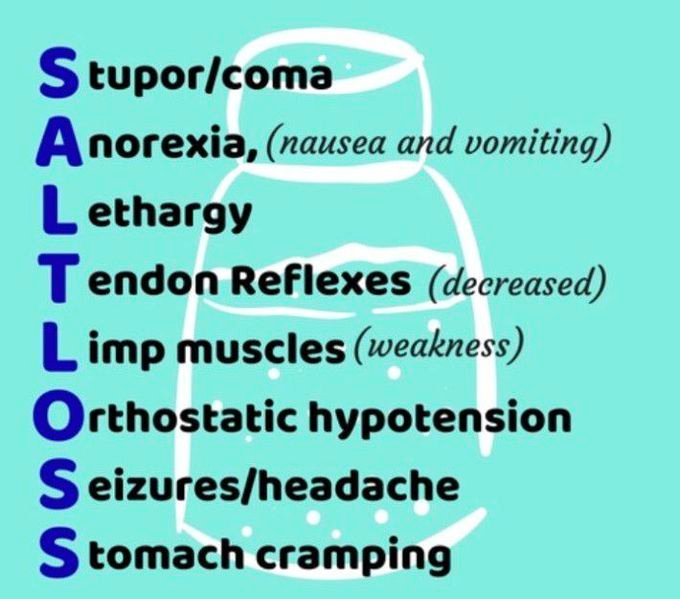Water is often hailed as the elixir of life, and for good reason. Staying properly hydrated is essential for our health, but like many good things in life, it’s possible to have too much of it. Most people are aware of the importance of hydration, but few realize that excessive water intake can be dangerous. In this blog post, we will delve into the surprising dangers of drinking excessive water and why it’s crucial to find the right balance.
The Importance of Hydration
Before we explore the potential dangers of overhydration, let’s briefly discuss why staying hydrated is vital for our well-being. Water plays numerous critical roles in the body:
- Temperature Regulation: Water helps regulate body temperature by dissipating heat through sweat.
- Nutrient Transport: It aids in the transport of nutrients and oxygen to cells, promoting overall bodily function.
- Detoxification: Water supports the removal of waste products and toxins from the body through processes like urination.
- Joint Lubrication: Proper hydration keeps joints lubricated, reducing the risk of injuries.
- Digestion: water is essential for the breakdown of food in the digestive system.
From the above mentioned lines, it’s clear that maintaining adequate hydration is necessary for good health.
Also Read: Health Benefits Of Drinking Water on an Empty Stomach
What does it mean Overhydration?
Overhydration, also known as water intoxication or hyponatremia, occurs when an individual drinks more water than their kidneys can excrete, leading to an imbalance in electrolytes, particularly sodium. Sodium is crucial for maintaining the body’s fluid balance, and when it becomes too diluted due to excess water intake, problems arise.

The Surprising Dangers of drinking excessive water
1. Hyponatremia: The hallmark danger of excessive water consumption is hyponatremia, a condition characterized by dangerously low levels of sodium in the blood. Symptoms range from mild, such as nausea and headache, to severe, including confusion, seizures, and even coma. In extreme cases, hyponatremia can be life-threatening.

2. Swelling and Edema: Overhydration can lead to the swelling of cells, particularly in the brain. This can cause neurological symptoms like confusion, seizures, and in severe cases, irreversible brain damage.

3. Impaired Kidney Function: Continuously overloading the kidneys with excess water can impair their ability to filter waste products effectively. This can result in kidney damage over time.
4. Cardiovascular Stress: Drinking excessive water can put undue stress on the cardiovascular system. The heart has to work harder to pump the increased volume of blood, potentially leading to elevated blood pressure.
5. Gastrointestinal Discomfort: Too much water during or after meals can dilute stomach acid, potentially hindering the digestive process and causing indigestion.
6. Electrolyte Imbalance: Aside from sodium, excessive water intake can disrupt the balance of other electrolytes like potassium and magnesium, which are essential for muscle and nerve function.
7. Urinary Frequency: Drinking too much water can lead to frequent urination, disrupting daily activities and sleep.
Who’s at Risk?
Certain groups of people are more susceptible to the dangers of overhydration:
- Athletes who overhydrate during strenuous exercise.
- Individuals with kidney problems.
- Infants, especially when caregivers dilute formula excessively.
- People with mental health conditions, like schizophrenia, who may drink excessively due to psychiatric symptoms.
How to avoid dangers of drinking excessive water
- Listen to Your Body: Pay attention to your body’s signals of thirst. Drink when you’re thirsty, but don’t force yourself to drink excessive amounts of water.
- Consider Your Activity Level: If you’re physically active, you’ll naturally need more water to replace what you lose through sweat.
- Monitor Your Urine: Pale yellow urine is a good indicator of proper hydration. Dark yellow or amber urine may suggest dehydration, while clear urine could indicate overhydration.
- Moderation is Key: Avoid excessive consumption of water, especially in a short period.
- Consult a Healthcare Professional: If you have specific health conditions or concerns, it’s always wise to consult a healthcare provider for personalized hydration recommendations.
Right water intake is a key
Balancing hydration is key. The Institute of Medicine recommends approximately 3.7 liters (125.1 ounces) of total water intake per day for men and 2.7 liters (91.4 ounces) for women. This includes water from all sources, including food and beverages.
Takeaway
Water is indeed essential for life, but like any element, it must be approached with balance and moderation. The surprising dangers of drinking excessive water, such as hyponatremia, swelling, and kidney problems, remind us that even too much of a good thing can be harmful. Stay attuned to your body’s signals, follow general hydration guidelines, and consult with a healthcare professional if you have concerns about your water intake. Remember, balance is key to maintaining good health when it comes to hydration.

